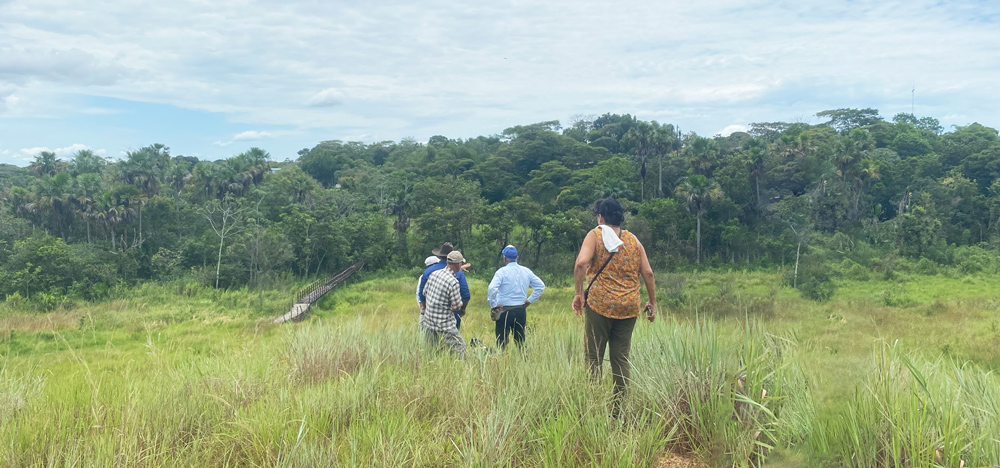Article by Enrique Lendo originally published in Reforma News
The global sustainability agenda
2022 brought different challenges for the global sustainability agenda. The Russia-Ukraine conflict drove an increase in energy and food prices fostering inflation worldwide. The menace of recession remains alive in 2023. In this context, world Leader´s attention has shifted from long-term objectives related to climate change and competitiveness to more immediate actions for securing access to energy and food for their depressed constituencies.
In 2021, 196 countries committed to strengthening their CO2 emission reduction targets at COP 26 in Glasgow. One year later, only 5 countries, including Mexico, increased their reduction targets. The main goal of the Paris Climate Agreement is to stabilize the increase of temperature at 1.5°C by the end of the century.
Today, the sum of emission reduction pledges from the countries that signed that Agreement projects a temperature increase pathway of 2.5°C with catastrophic consequences.
The challenges we are facing
To foresee the potential impacts of an over 2°C temperature world, we only need to look at the impacts faced in different regions of the world last year with an increase of only 1.1°C. These impacts include the devastation of 1/3 of Pakistan´s territory from intense floods; the heatwaves which pushed record temperatures in Europe claiming thousands of lives and also left Monterrey, Mexico, without water for weeks; or the blazers in the US east coast which claimed tens of human lives and left hundreds of thousands without electricity.
But climate change is not the only challenge of the sustainability agenda. In the past 50 years, we have lost 69% of wild species of animals and plants as a result of the deterioration of 2/3 of the planet´s ecosystems. The diagnosis is worrying since over 50% of the global GDP depends on the goods and services provided by nature. At the current rate of impact, 90% of the land’s ecosystems will be affected by 2050.
Bringing up positive signals
Despite all the challenges, 2022 also brought positive signals. In March, close to 160 countries agreed to begin negotiations for an “international legally binding instrument to end plastic pollution” which already affects 90% of ocean species. Fast forward to June, the United Nations General Assembly declared that everyone on the planet has a right to a clean and healthy environment and called on states to step up efforts to protect nature. In November, COP 27 in Egypt approved a historical decision to create an international fund for “Loss and Damages” from climate change in most vulnerable countries and, in December, 196 countries subscribed to the “Kunming-Montreal Global Framework” with 4 objectives and 23 targets to halt biodiversity loss in 2030 and restore is in 2050.
The final impact of the Russia-Ukraine conflict on the energy transition trend is still unclear. Some European countries have resorted to coal to face scarcity and high prices of natural gas. But others have accelerated the adoption of clean energy. The US “Inflation Reduction Act” stands out with $369 billion dollars on subsidies and fiscal incentives considered the most ambitious clean energy initiative in history. With similar initiatives in China, India and Japan, the International Energy Agency predicts that global CO2 emissions will finally peak in 2025 and begging to decrease afterward. Moreover, the European Union adopted a law to apply import tariffs to goods from other countries inducing deforestation
Conclusion on sustainability in 2023
In 2023 economic and geopolitical uncertainty and turbulence will continue. The attention of world leaders will remain on solving immediate economic and social problems, as well as on setting the basis for economic recovery. To ensure that such recovery is sustainable in the long term, it is imperative to keep investing in energy transition and natural capital. In this context, Mexico has an enormous opportunity to consolidate a just, inclusive, and sustainable development.




